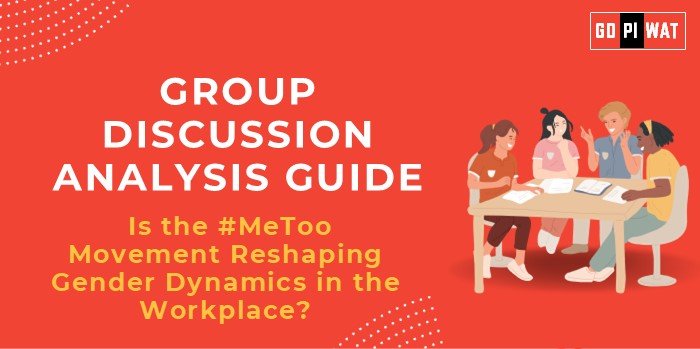💼 Is the #MeToo Movement Reshaping Gender Dynamics in the Workplace?
🌟 Introduction
The #MeToo movement has brought workplace harassment and gender equity issues into the global spotlight. Since its resurgence in 2017, the movement has prompted organizations and governments to rethink workplace ethics and policies, setting the stage for transformative change. However, its impact varies across sectors, highlighting both achievements and ongoing challenges.
📊 Key Achievements
- Policy Reforms: Over 70% of Fortune 500 companies updated harassment policies post-MeToo.
- Cultural Shift: Businesses are embracing diversity, equity, and inclusion (DEI) initiatives, reflecting a commitment to gender-sensitive workplaces.
- Legal Strengthening: Laws like India’s PoSH Act have been updated to ensure better compliance and accountability.
⚠️ Challenges
- Mentorship Gaps: Fear of accusations has reportedly reduced mentorship opportunities for women.
- Limited Reach: Informal sectors and rural workplaces remain largely untouched by MeToo’s influence.
- Global Inequities: Scandinavian countries lead in workplace equity, but developing nations struggle with enforcement.
🌍 Global Comparisons
The movement’s impact varies globally:
- Scandinavia: High gender equity standards ensure safer workplaces.
- United States: High-profile cases and walkouts, like Google’s 2018 protests, highlighted collective employee power.
- India: Publicized cases led to revised workplace guidelines and improved awareness campaigns.
🔮 Future Outlook
- Technology-Driven Solutions: Implement anonymous reporting tools and AI moderation to prevent harassment.
- Comprehensive Training: Conduct regular gender sensitivity training across all levels of an organization.
- Inclusive Mentorship Programs: Develop structured mentorship initiatives to counteract unintended mentorship gaps.
📄 Conclusion
The #MeToo movement has undeniably reshaped workplace gender dynamics, sparking crucial conversations about equity and safety. While it has achieved significant progress, sustained impact depends on addressing its limitations through proactive policies, inclusive practices, and continuous education. Only then can workplaces truly evolve into equitable and harassment-free environments for all.


